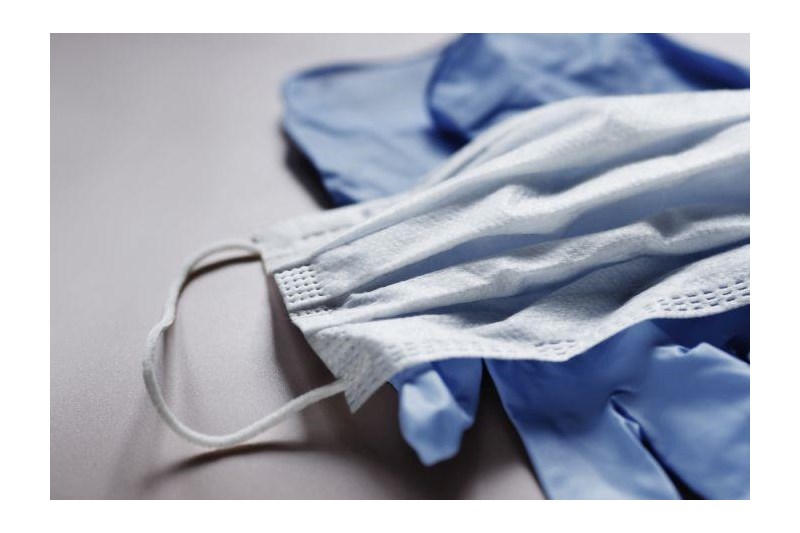Scottish government Covid-19 inquiry: Dental profession must be better supported in a future pandemic
Published: 01/10/2021
Dental professionals must receive better support for their physical, emotional and financial wellbeing in a future pandemic situation, to ensure patients continue to get the best possible care and treatment and avoid long-term impacts on the profession.
In its submission to the Scottish government’s inquiry into the handling of the Covid-19 pandemic, Dental Protection said that during Covid-19 the dental profession desperately needed priority PPE, support measures to mitigate potential financial viability issues due to safety protocols limiting access to dental services, and consistent guidelines.
The organisation said the Scottish Dental Clinical Effectiveness Programme (SDCEP) provided well received clinical guidance at a time when dental professionals around the world sought clarity about operating procedures, and this was a positive learning for the future.
However, Dental Protection said there was an overall sense that dentistry has been “overlooked” throughout the Covid-19 pandemic, and a number of lessons must be learnt should we face a further pandemic.
Helen Kaney, head of dental services, Scotland at Dental Protection, said, “Dental professionals have faced significant challenges as a result of the pandemic. The clinical challenges have centred on availability of the required PPE, virus transmission risk and restrictions of the type of clinical interventions that could be undertaken for patients. There have also been and remain significant financial challenges which may impact on the long-term provision of NHS dentistry in Scotland.
“These challenges were enhanced by a sense that dentistry has been overlooked throughout much of the pandemic. Dental professionals are well used to dealing with and managing risk, but the scale of risk and uncertainty for dentistry throughout this time has been unprecedented.
“Dental Protection has throughout the pandemic been providing dentolegal advice to those dental professionals grappling with these new challenges, to enable them to practise in different ways, comply with guidelines and to help them protect their wellbeing.
“But the profession as a whole needs greater support from the outset should we face a pandemic situation in the future – this includes swift publication of clear, consistent guidelines, appropriate PPE as a priority, and effective financial support measures to protect the financial stability of practices and ensure that patients can continue to receive optimal care within the safety protocols.
“Addressing the shortfalls from this crisis will be vital in ensuring patients continue to get the best possible care in any future pandemic, and in safeguarding our profession. We hope the challenges we have raised will be considered as part of the inquiry.”
Dental Protection’s full recommendations to inform the inquiry:
- Professional bodies, associations and dental defence organisations should work together to ensure there is consistency in the guidelines that are issued in exceptional times, and that the focus remains on patient care. The specific areas of concern should be documented for future reference to ensure that timely advice is issued from the outset should there be another pandemic in the future. The resources published by the SDCEP, and the speed of their production, were valued by the profession and are positive learning.
- The inquiry should consider what further action should be taken to monitor the number and type of complaints being made to the GDC about dental professionals during this pandemic, and seek ongoing reassurance from the GDC that the extremely challenging context in which dental professionals have been practising continues to be taken into account.
- Dental professionals should be recognised at the start of any future pandemic as a group at particular risk, and be given priority PPE so they can continue to treat patients safely, protect themselves and their teams.
- Dental professionals should be rewarded and incentivised to treat patients in the way that is most effective and safe during a pandemic, so that the safety protocols which make more normal levels of activity impossible do not threaten the financial viability of practices in the long term.
- Policies and guidelines should offer broader guidance on coping with the psychological aspects of managing workload and the clinical challenges and limitations for dentists and their teams during a pandemic situation – such support would help to safeguard the wellbeing of the profession.
Author: N/A













